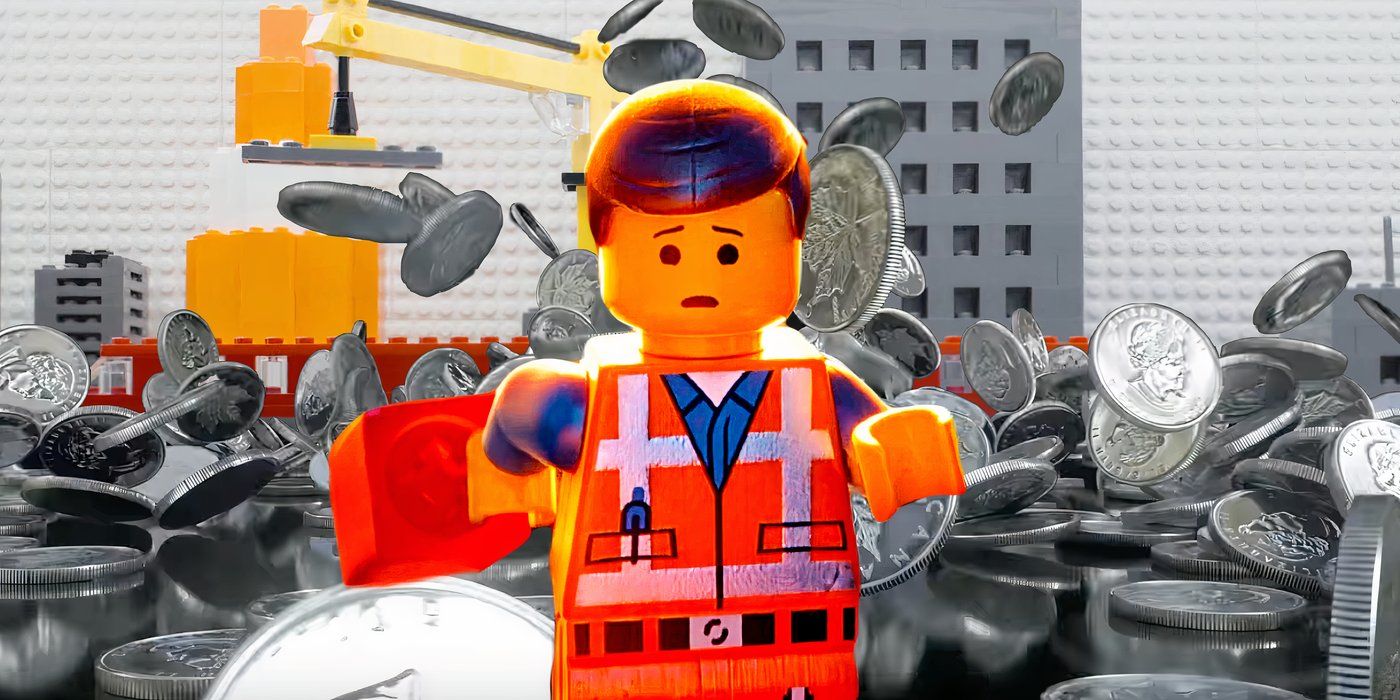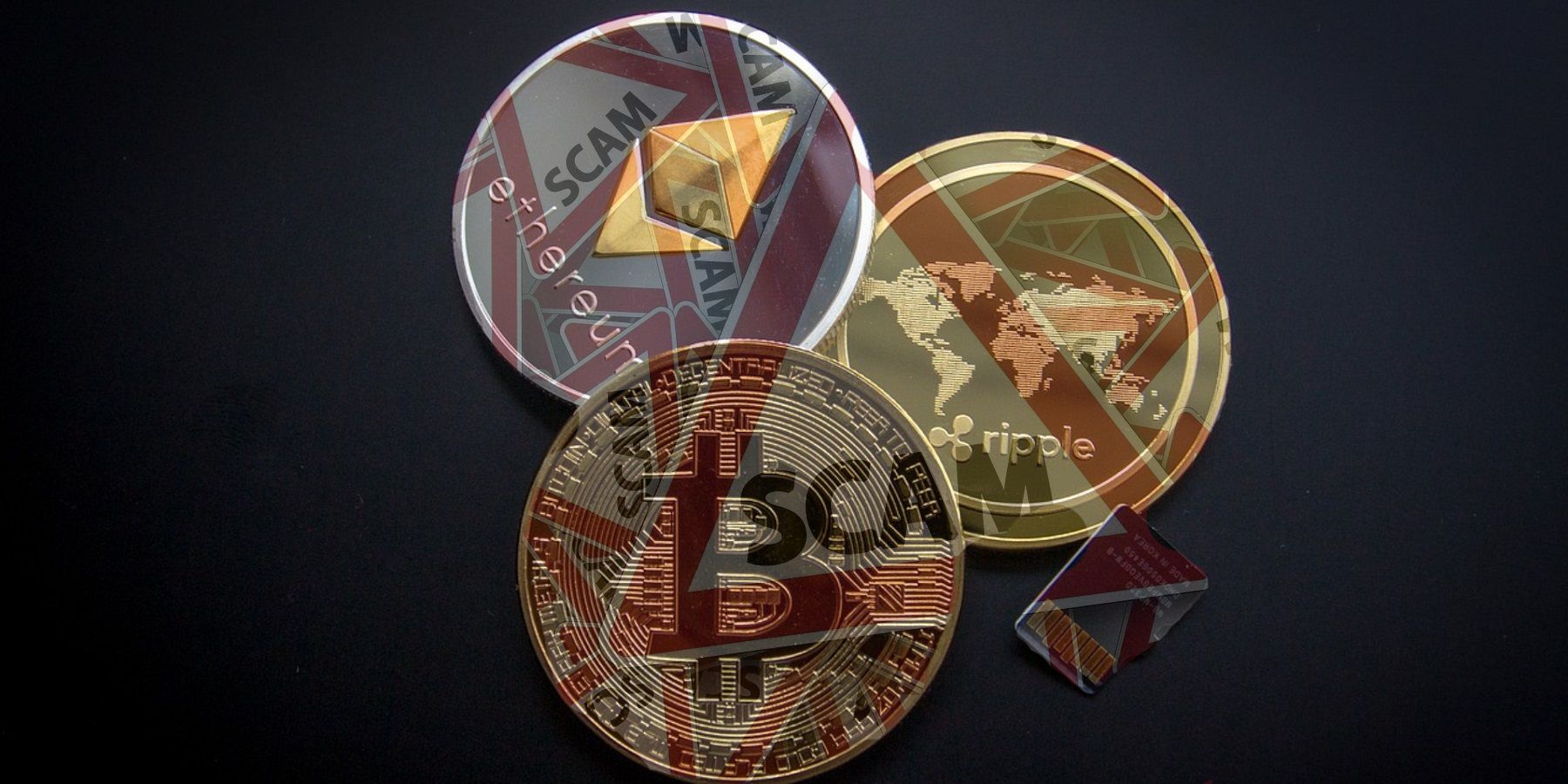
A financial scam affected the LEGO Store after a cryptocurrency company hacked the store's website. LEGO is a multimedia company that creates movies, creative toys and TV shows for audiences to enjoy. with The LEGO Movie 3 In this way, even the company's on-screen potential remains active. Unfortunately, it is currently facing serious challenges outside the box office.
According to a report by Engadget, Hackers took over the store's website and started promoting a cryptocurrency coin. The hackers left a gigantic golden banner, proclaiming that the "LEGO coin" was officially available for sale. The coin is not legitimate and is not actually affiliated with LEGO. The banner has since been removed and the company released the following statement about the hack:
On October 5, 2024 (October 4 evening in the US), an unauthorized banner briefly appeared on LEGO.com. It was quickly removed, and the issue was resolved. No user accounts have been compromisedAnd customers can continue shopping as usual. The cause has been identified and we are implementing measures to prevent this from happening again.
The crypto hack is worrying for LEGO
The hack represents a major risk for consumers
The hack did not directly threaten any consumer who did not attempt to purchase the coin. LEGO insists that user accounts are secure and that the website is now secure for browsing and purchasing. The only element of the hack is apparently the appearance of the flag, which does not necessarily reflect the perfectly polished appearance that the company likes to convey. There were hints that the banner was fake, including the hard-to-read text, the existence of the "LEGO Fortnite" logo on a banner that had nothing to do with Fortnite, and the faceless egg-generated artwork.
This hack risks convincing consumers that they can no longer trust the LEGO store.
Users may identify scams by looking for similar signs. Still, the benefit of buying directly from a company's website, as opposed to secondary markets, is avoiding any risk of scams. The product should reasonably be exactly what the company advertises, especially considering how much LEGO sets cost. This hack risks convincing consumers that they can no longer trust the LEGO store. This could reduce LEGO's sales, which would undoubtedly be unfortunate for the company. Unfortunately, LEGO is not alone. Vulnerabilities exist for many websites that hackers can potentially target. While companies should implement better security, complete security is impossible.
Our take on the LEGO cryptocurrency hack
The scam is unlikely to impact LEGO long-term, but it could hurt consumers. No matter where an advertisement comes from, extra precautions are necessary before making purchases or clicking links. Consumers must always keep their software up to date to avoid viruses, look for suspicious signs and consider the legitimacy of a product. It is unlikely that the family-friendly LEGO would ever release cryptocurrency coins, so buyers need to check outside sources to see if the links are real. If there are suspicious signs or celebrity backers, it is best not to click on the link. For those who follow the rules, LEGO-Like hacks shouldn't impact everyday consumers.
Source: Engadget
